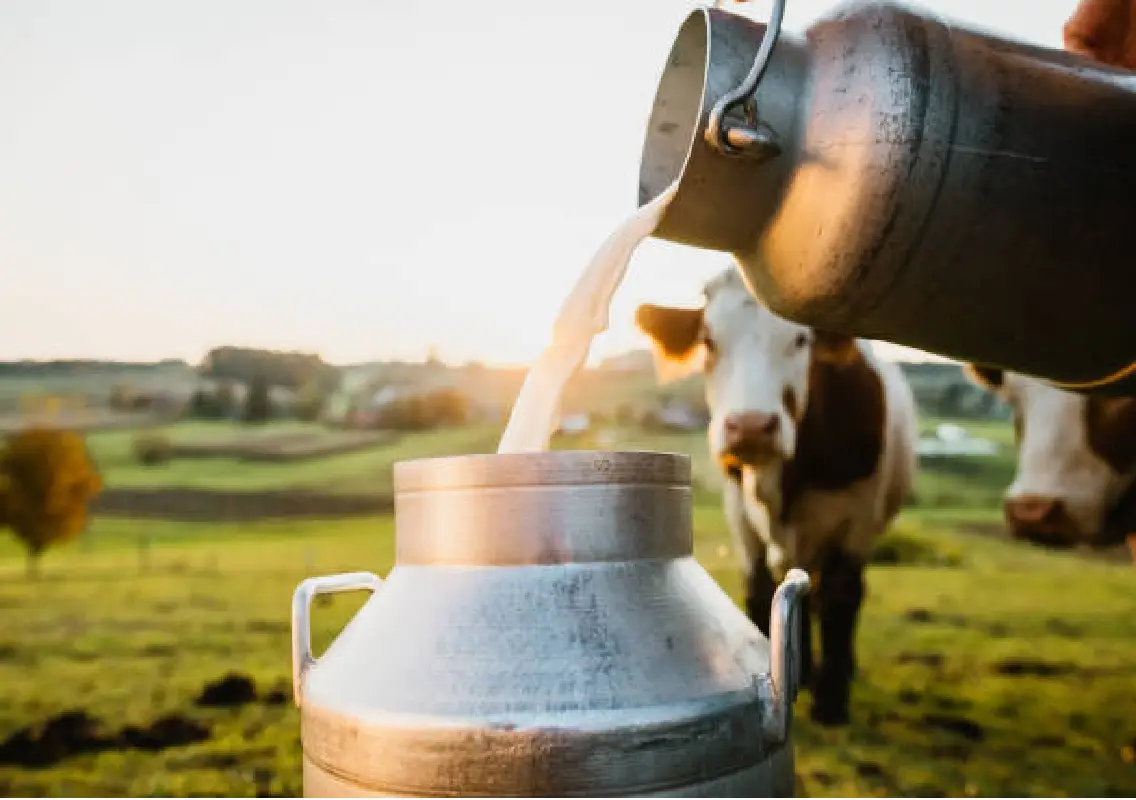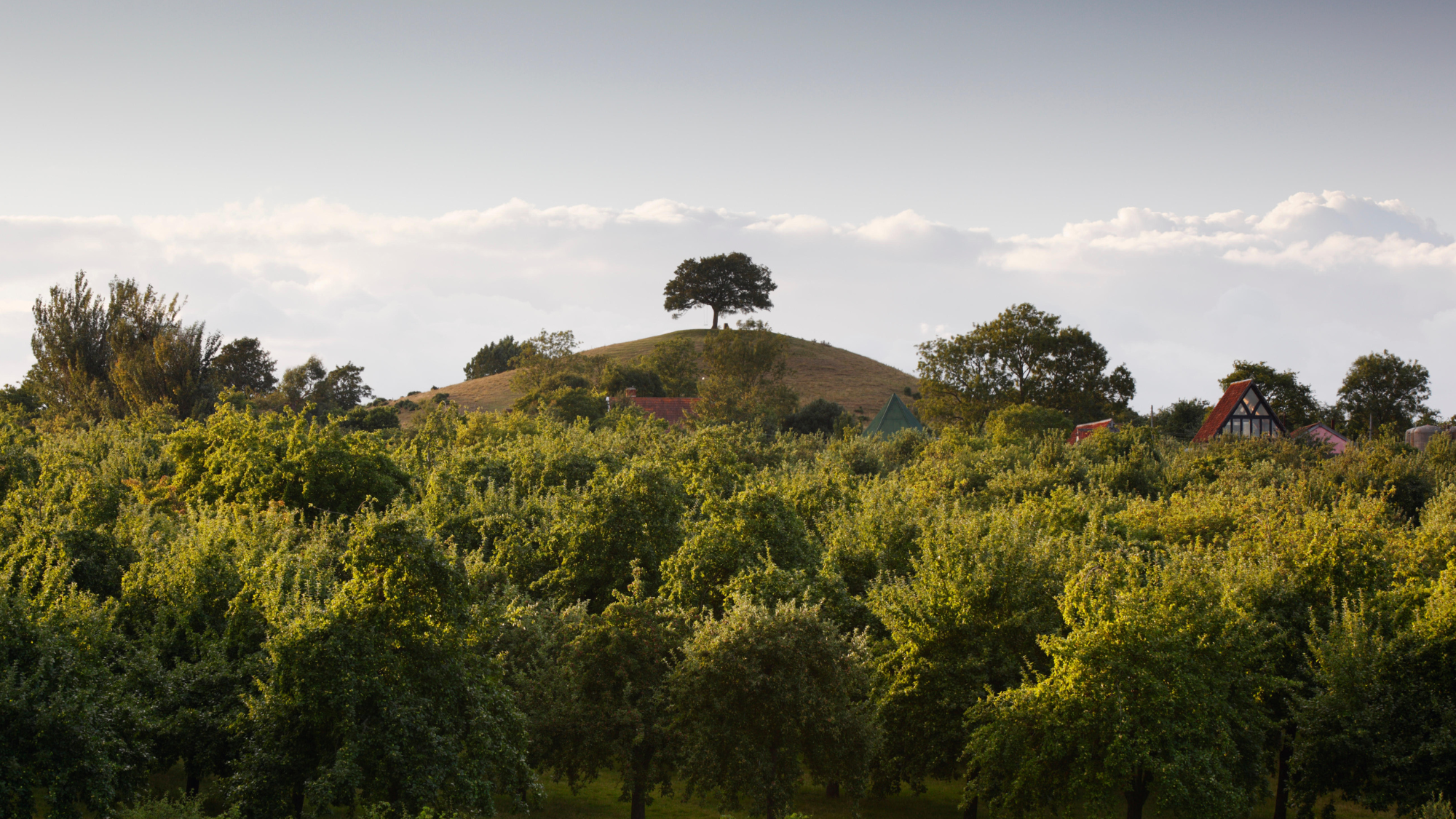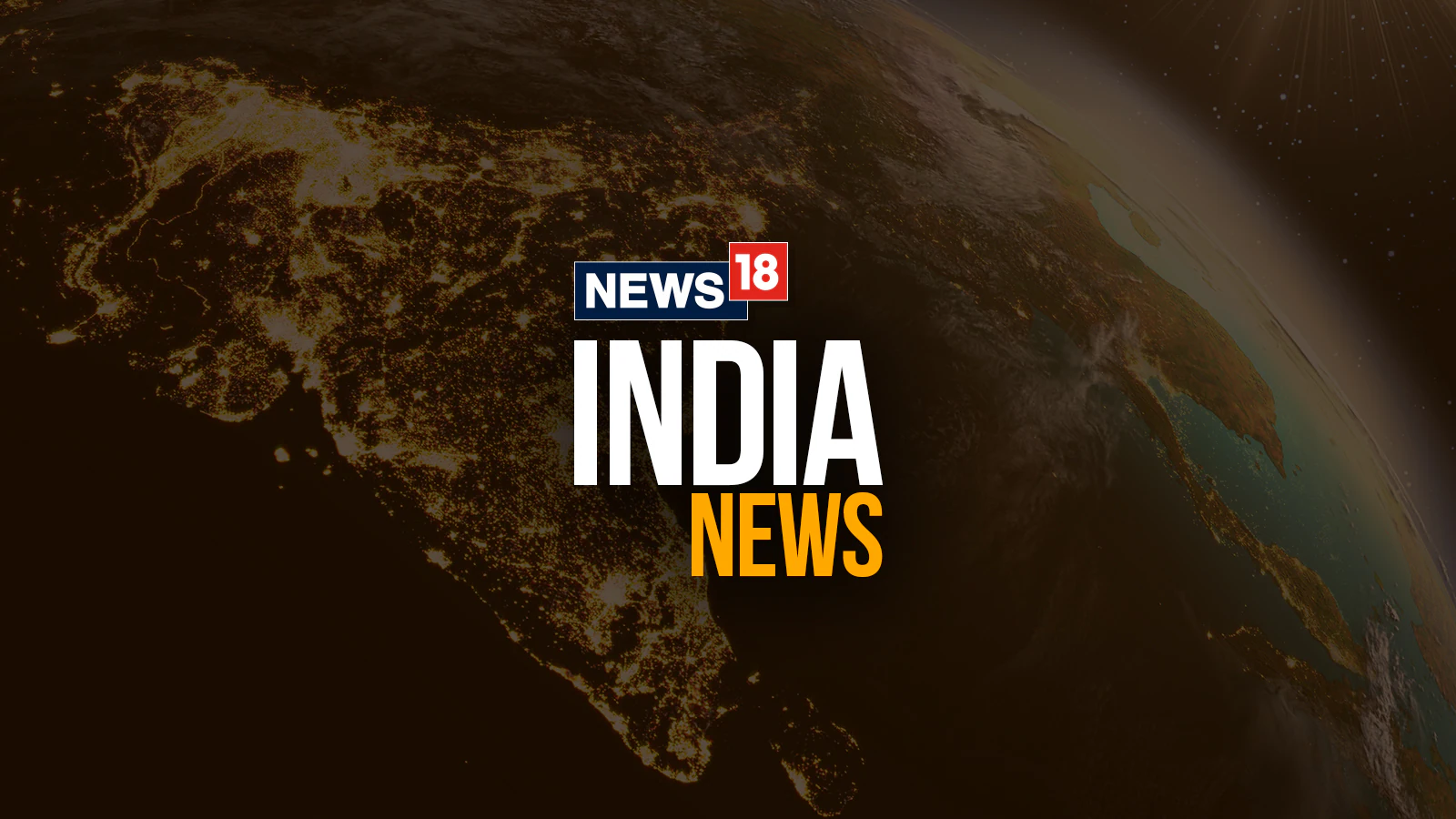By News Karnataka
Copyright newskarnataka

Mangaluru: In an effort to address the persistent milk shortage in coastal Karnataka, dairy farmers in Dakshina Kannada and Udupi have turned to Erode, Tamil Nadu, known for its high-yielding dairy cows. Over the past 18 months, more than 360 cows from Erode have been brought into the region with the support of the Dakshina Kannada Milk Union Limited (DKMUL).
Erode cows double milk yield
While an average Jersey cow typically yields around 15 litres of milk per day, cows sourced from Erode have shown the capacity to produce up to 30 litres daily, making them a preferred choice for farmers aiming to boost output.
Each Erode cow costs between ₹60,000 and ₹1.5 lakh. To support farmers, DKMUL facilitates weekly visits to the cattle fair in Erode, held every Thursday. Teams of veterinarians and officials accompany farmers, verify the health and productivity of cattle before purchase, and bear the transportation and insurance costs involved.
Embryo transfer technology
In addition to direct procurement, DKMUL has also invested in embryo transfer technology, wherein fertilised embryos from superior donor cows are implanted into local cattle. So far, 40 cows have undergone this procedure.
Each embryo transfer costs ₹21,000, of which farmers pay only ₹1,000, while the rest is borne by KMF, DKMUL, and the Rashtriya Gokul Mission. The programme aims to improve local breeds and ensure long-term gains in milk productivity.
Demand vs supply
Despite these initiatives, the demand–supply gap remains wide. DKMUL currently produces an estimated 3.97 lakh litres of milk daily, while demand in the coastal districts stands at around 5 lakh litres. To bridge the shortfall, milk is being sourced from Hassan, Mysuru, and Dharwad.
However, there are positive signs. In the current financial year 2025–26, DKMUL has reported a 16% increase in daily milk collection compared to 2024–25, when the average stood at 3.42 lakh litres per day.
Better pricing and farmer support
DKMUL president Raviraj Hegde attributed the rise in production to a combination of factors, including better procurement prices, distribution of silage (nutrient-rich green fodder), and strategic support to farmers.
Hegde noted that DKMUL has fixed the procurement price at ₹40.76 per litre for milk with 4.4% fat and 8.5% SNF (solids-not-fat) — the highest in Karnataka.
With sustained efforts in sourcing high-yielding cattle, embracing embryo transfer technology, and incentivising farmers with fair pricing, DKMUL is gradually narrowing the supply gap. While challenges remain, the cooperative’s multi-pronged approach is setting a benchmark for the dairy sector in coastal Karnataka.



